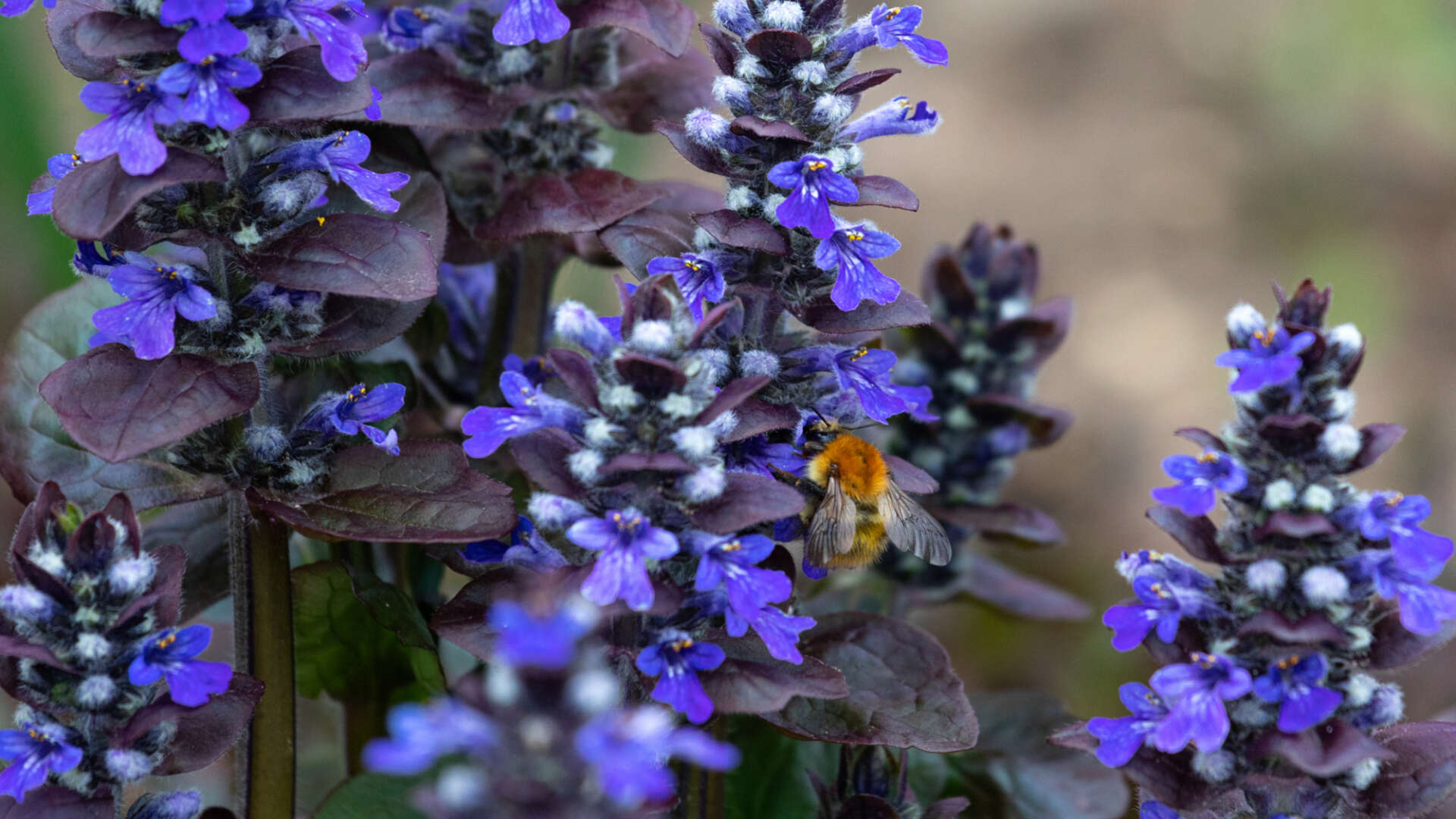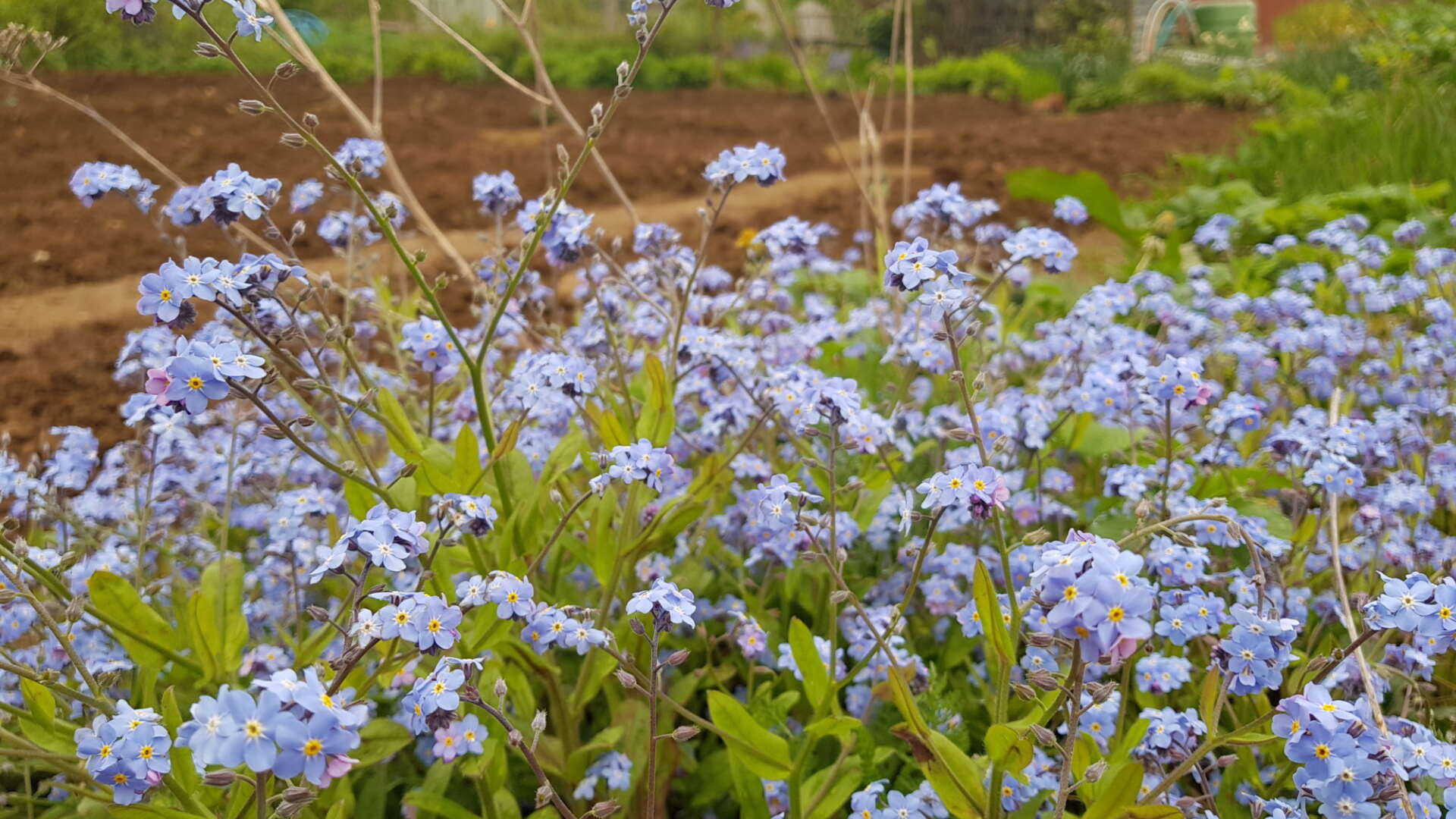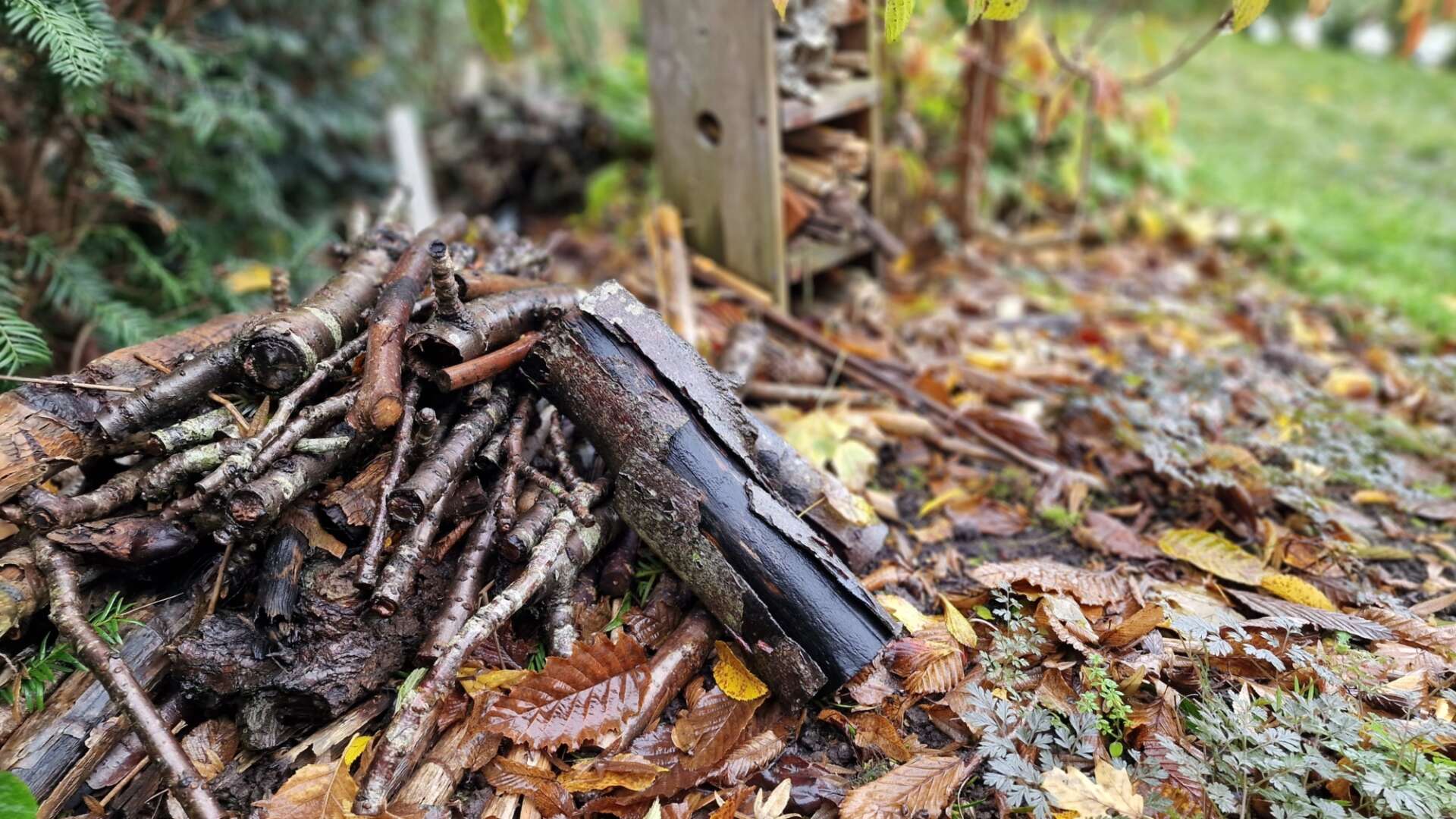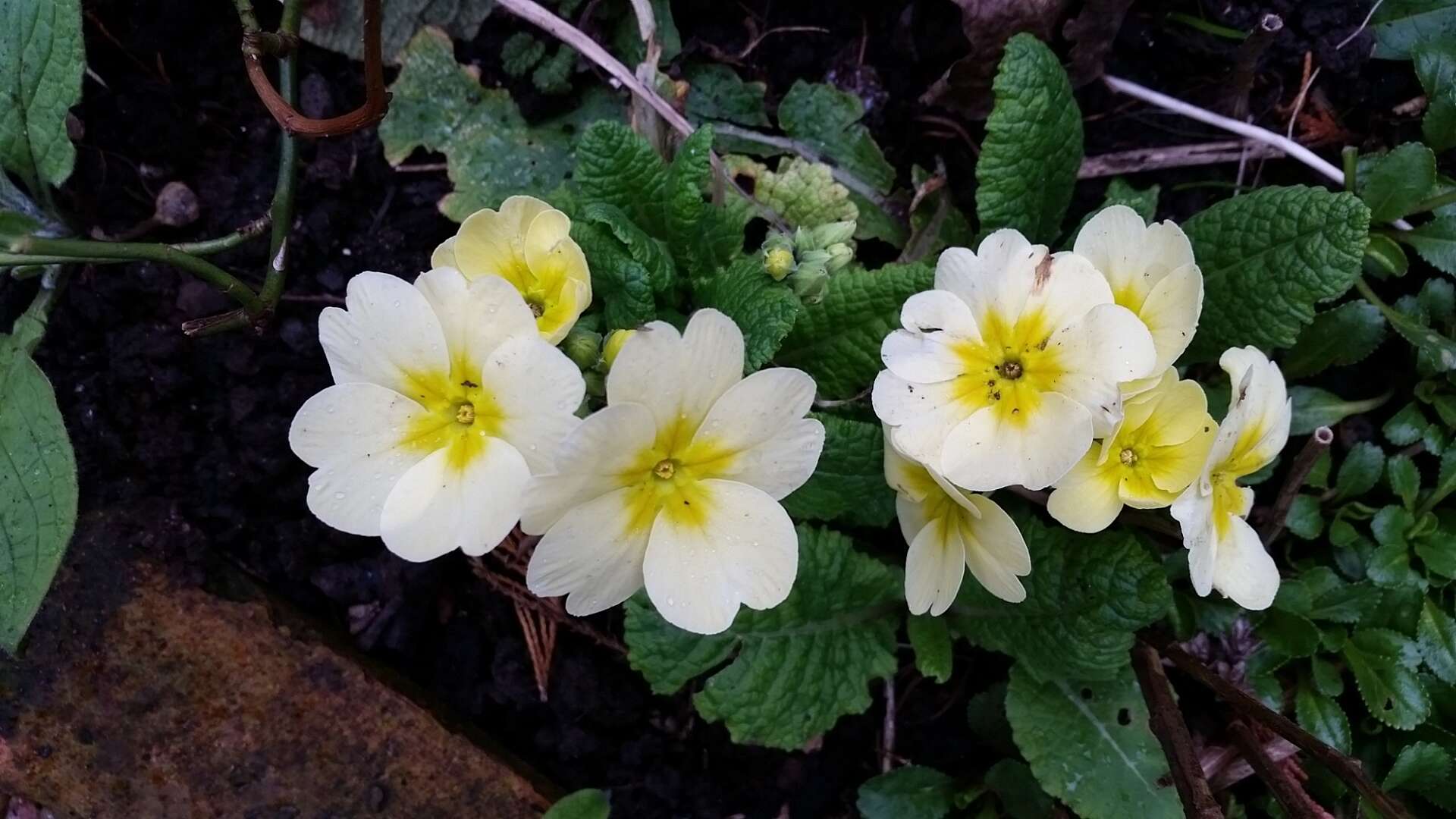Why every garden matters

Small steps taken in the 520 thousand hectares of gardens in the UK can play a major role in restoring lost wildlife, suggests our new research paper released today.
In our Every Garden Matters study, Bruce Pearce has collated the latest data on biodiversity loss and reviewed the findings of extensive studies. His research shows simple actions in backyards, balconies and allotments - such as planting a wider diversity of native plants, composting, planting a tree, or creating habitats - can have a major impact on the worrying drop in wildlife populations.
Since the 1970s there’s been a 13% decline in overall wildlife numbers in the UK, and within individual species 41% have shown a decline in number.
To read the full report, click here

Key findings
Our research paper shows small steps in your growing space is all that's needed to stop biodiversity decline. Here's our key findings, and some tips on what you can do in your own garden...
Any size garden will do
Big or small, pot or plot - interconnected gardens have a significant impact on biodiversity. Even small urban gardens offer high levels of nectar production, with 85% of the total nectar produced across a city provided by them.
Plant diversity equals diverse wildlife
The greater range of plants you can pack into your garden the better for wildlife density and soil health.
Soil health is better on veg plots
Well-managed vegetable gardens have a similar soil biological quality to a forest. Soil quality and carbon content in allotments is better than in surrounding farmland, despite light soil disturbance.
Take care of your soil to take care of pests
Green manures and organic mulches can enhance soil organic matter, protect the soil and reduce run off. These practices can also reduce the density of pests and protect crops from more extensive damage much more successfully than using toxic pesticides.
Native/near-native plants are essential
Above ground invertebrates are more abundant under native or near-native plants, and indigenous birds are more successful in breeding in gardens with higher levels of native plants. Gardens can be designed and managed to favour particular species and could give gardeners a role in the conservation of native birds.

Five garden biodiversity takeaways
- Plant a wide a range of vegetables, flowers, shrubs and trees as you can, and wherever possible use native or near-native species.
- Choose a range of plants that flower across the year to provide prolonged food for beneficial insects.
- Include a diverse range of structures and habitats such as ponds, wood/leaf piles, banks and hedges.
- Recycle nutrient and organic material within your garden, use cover crops and green manures, and cultivate with a light touch.
- Don’t use pesticides or artificial fertilisers.
To read the full report, click here.
